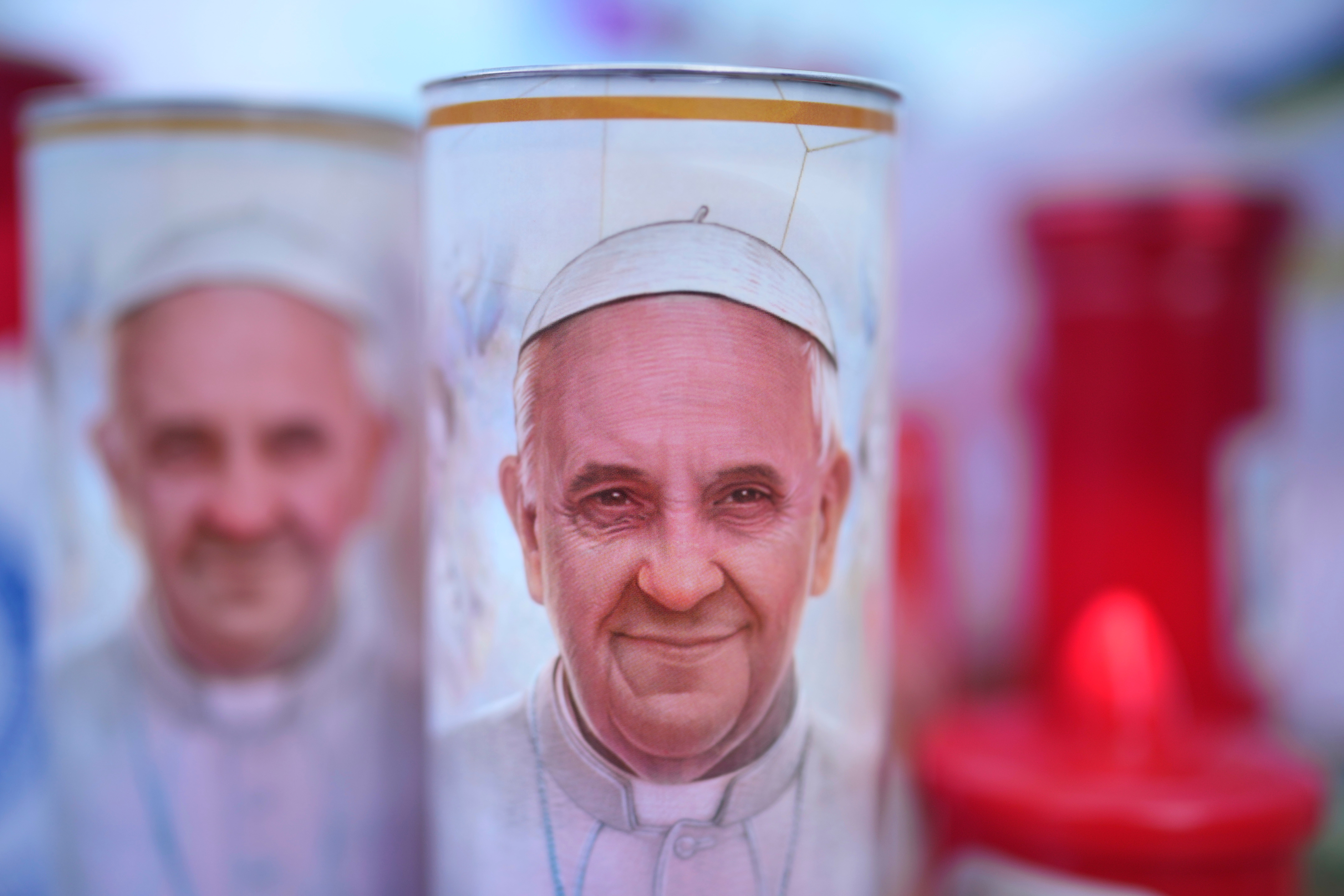What is Ash Wednesday? Pope Francis skips this year’s services as he remains in hospital
Pope Francis is unable to take part in Ash Wednesday celebrations this year
Ash Wednesday is a significant day in the Christian calendar, signifying the beginning of the observance of Lent, which precedes Easter.
This year, the day falls on Wednesday, March 5. It's observed by people from various sectors of Christianity, including Roman Catholics, Anglicans, Lutherans, and Methodists.
A cardinal has been designated to take Pope Francis’s place at Vatican celebrations this year as the pontiff remains in hospital battling double pneumonia.
The practices of Ash Wednesday, such as the placing of ashes on the foreheads of participants, go back centuries. The holiday is also the solemn day of fasting and reflection that signals the start of Christianity’s most penitent season.
Here’s everything you need to know about Ash Wednesday:
What does the day signify?

Ash Wednesday marks the first day of Lent, a 40-day period of abstinence. Most adult Catholics who observe Lent will be fasting on February 14. As part of Lent, they go on to abstain from richer foods, such as various meats, until Easter. Some who take part also abstain from everyday habits such as watching excessive amounts of television.
Christians take part in the annual period of Lent to commemorate Jesus Christ, who, according to biblical narrative, spent 40 days and nights fasting in the Judaean Desert while being tempted by Satan.
When is it?

This year, Ash Wednesday takes place on Wednesday, March 5. Ash Wednesday also occurs exactly 46 days before Easter Sunday, which falls on April 20.
Ash Wednesday also occurs the day after Shrove Tuesday, otherwise known as Pancake Day in the U.K. On Pancake Day, as the name suggests, it's customary to eat pancakes to use up the last of your indulgent ingredients before Lent.
Meanwhile, Easter Sunday is always held on the first Sunday after a full moon following the Spring Equinox.
How is it observed?
Not all Christians observe Ash Wednesday, but for those who do, it typically involves attending a church service. During the service, clergy members either mark a cross on worshippers’ foreheads with ashes or sprinkle ashes over their heads as a symbol of repentance.
The ashes, which are mixed with holy water or olive oil, are made by burning palm leaves on Shrove Tuesday.
Palm Sunday occurs on April 13 this year, one week before Easter Sunday. The holiday commemorates Christ's entry into Jerusalem days before the Last Supper. As the cross is marked on a person's forehead by a member of the clergy, they say: “Remember that you are guest, and to dust you shall return.”
Alternatively, the priest may say: “Repent and believe in the gospel.”
Join our commenting forum
Join thought-provoking conversations, follow other Independent readers and see their replies
Comments